The Role of the Power Grid
NV Energy has established itself as a reliable provider of electricity, maintaining a stable power grid that ensures minimal disruptions for most residents of Las Vegas. Power outages, while rare, can occasionally occur due to unforeseen circumstances such as extreme weather conditions or equipment failures. In such instances, battery storage systems can serve as an effective backup power source, ensuring continued electricity supply. However, it is important to note that while batteries provide emergency power, they may not significantly reduce electricity costs for homeowners, depending on the specific net metering rates in place.
Understanding Time-of-Use (TOU) Rates
NV Energy does not mandate its customers to participate in a time-of-use (TOU) pricing structure. Under a TOU rate plan, electricity costs fluctuate throughout the day, with significantly higher rates applied during peak demand hours and lower rates available during off-peak times. In contrast, NV Energy’s standard billing structure is based on a flat rate, meaning customers pay a consistent price per kilowatt-hour (kWh) regardless of the time of usage. While NV Energy does offer TOU rate plans, customers must proactively switch to this pricing structure, which, in many cases, is not the most financially beneficial option.
To illustrate the impact of TOU pricing, a comparison can be drawn between Las Vegas and California. Many utilities in California operate on older grid systems, making power shortages, brownouts, and blackouts far more frequent than in Nevada. Additionally, TOU rates are the standard billing practice in California, leading to substantially higher electricity costs during peak hours.
In states like California, battery storage systems can help homeowners significantly reduce their electricity bills. By charging batteries during the daytime using energy generated from solar panels, homeowners can then use stored power during peak billing hours, minimizing their reliance on the grid and avoiding expensive electricity rates. However, in Las Vegas, where most customers remain on flat-rate pricing, there is no financial incentive to shift energy consumption based on peak and off-peak hours. As a result, while batteries provide backup power, they do not contribute to cost savings for most residents.
Battery Backup for Appliances and Air Conditioning
One of the primary advantages of battery storage is its ability to provide backup power for essential appliances in the event of an outage. In California, where brownouts and blackouts occur more frequently, homeowners can rely on battery storage to keep refrigerators, freezers, and other critical appliances running, thereby preventing food spoilage and minimizing inconvenience.
Similarly, in Las Vegas, battery systems can supply emergency power for essential household appliances and critical life-support systems during outages. However, using battery storage to support air conditioning units is often impractical due to HVAC systems’ high energy consumption. Air conditioners require a significant amount of power to operate, and the cost of installing a battery system capable of sustaining an air conditioner for an extended period can be prohibitively expensive. As a result, homeowners should carefully consider their energy priorities when investing in battery storage solutions.
Planning a New Solar System or Expanding an Existing One
The optimal approach for homeowners seeking the most cost-effective means of reducing their NV Energy bills is to plan their solar energy system with future energy needs in mind. Anticipating upcoming energy demands—such as adding a swimming pool, an electric vehicle, or other high-energy-consuming appliances—allows for designing a system that adequately meets these requirements.
If a homeowner experiences an increase in energy consumption after installing a solar panel system, expanding the system by adding additional panels is often a more financially viable solution than incorporating battery storage. Additional solar panels can directly offset electricity usage from the grid, resulting in more significant long-term savings than the limited financial benefits of battery storage under NV Energy’s flat-rate structure.
Final Considerations
Battery storage systems are designed solely to charge and store energy generated from a solar system. While they provide a reliable backup power source in an outage, their ability to offset electricity bills remains limited for most Las Vegas residents due to the absence of TOU pricing incentives. Homeowners considering battery storage should evaluate their needs, financial goals, and long-term energy consumption patterns before investing. Expanding a solar energy system may be a more effective strategy for reducing electricity costs than incorporating battery storage.
Please click here if you have any further questions or want a free, no-obligation quote.


